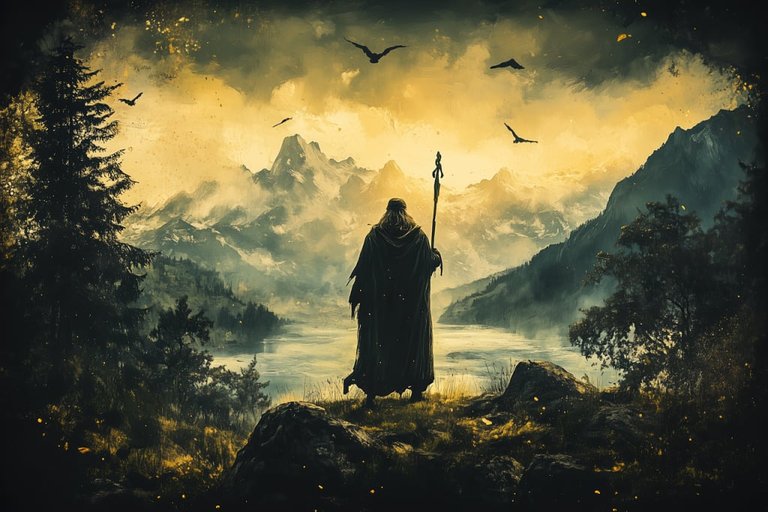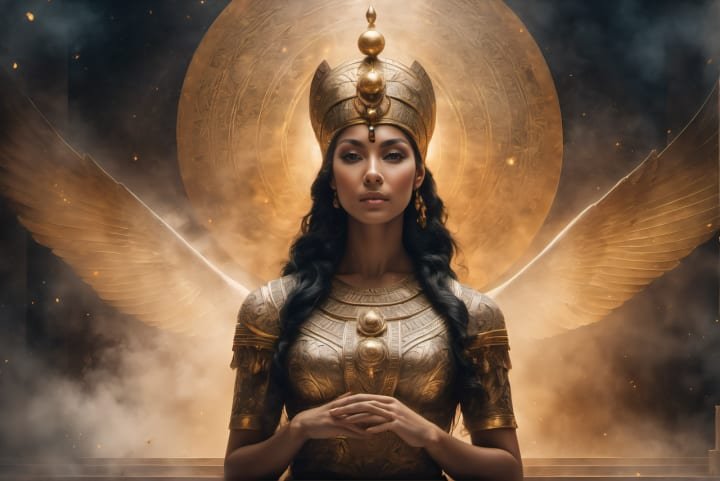Were the Ancient Gods Extraterrestrials? The Hidden Truth Behind Our Origins

There’s something magnetic about ancient history, especially when you start asking the questions no one dares to answer. I’ve always been drawn to the forbidden corners of the past, the dusty layers that mainstream historians sweep under the rug. And one theory in particular continues to rise from those layers like a buried secret refusing to stay quiet: the idea that the ancient gods were not myths, but extraterrestrials.
It’s a wild notion at first glance, until you start looking closely. Closely. Then everything begins to shift. Suddenly, mythology feels less like fantasy and more like memory. Less like imagination and more like a misunderstood reality. In that shift, the story of the Anunnaki becomes the key that unlocks something enormous, something ancient, and perhaps even eternal.
The Anunnaki are the gods of the Sumerians, the oldest known civilization on Earth. They appear in cuneiform tablets not as vague spirits, but as beings with names, roles, missions, and even conflicts. They were said to have come from the stars, from a distant world called Nibiru, and arrived on Earth for a purpose. Not only did they shape the development of humanity, but they supposedly created us, intervening in our evolution through methods that sound eerily like genetic engineering. What makes this even more fascinating is that the Sumerians never claimed to invent these stories; they insisted they were taught this knowledge. Gifted laws, science, and language by these celestial visitors.
The echoes of these stories aren’t isolated to Sumer. You start to hear the same song repeated, over and over again, across cultures that never touched one another. In ancient Egypt, the gods were said to have arrived from the heavens, bringing with them wisdom, art, and the tools of civilization. Osiris, Ra, Thoth, all depicted not as invisible entities, but as tall, radiant beings connected to the stars. The Mayans, thousands of miles away, spoke of feathered serpent gods like Quetzalcoatl who descended from the skies to bring knowledge. In India, the ancient Vedic texts are overflowing with tales of flying crafts, vimanas, and divine wars in the sky. Tribes in Africa, like the Dogon of Mali, somehow knew about the invisible star Sirius B, and said they were taught this by beings from the stars. Even Native American tribes like the Hopi speak of ancestors that came from Orion, and many of their villages were aligned to mirror the Orion constellation.

It begs the question: why Orion? Why do so many cultures, from Egypt to the Americas to Aboriginal Australia, point to this same celestial region as the origin of their gods? Is this simply a coincidence? Or is it a cosmic breadcrumb trail left for us to follow? One of the most striking patterns is how human development exploded. For tens of thousands of years, we were hunter-gatherers. And then, seemingly overnight, we developed agriculture, astronomy, mathematics, writing systems, and massive architectural achievements that still baffle modern engineers. The Great Pyramids, precisely aligned with celestial bodies. Megalithic structures like Baalbek and Gobekli Tepe, built with stones so large and precise they challenge even today’s technology. Did we evolve that knowledge independently and in such a short period? Or were we guided?
When you stop treating ancient texts as superstition and start viewing them as records of something real, though interpreted through the eyes of ancient people, it all starts to make a strange kind of sense. Maybe what they described as gods were astronauts. Maybe what they saw as miracles were advanced technologies. Flying chariots, blazing weapons, luminous beings. what would any of us think if we saw a spacecraft today, without knowing what it was?
we can see how these ancient beings weren’t just worshipped, they were remembered. Their stories became encoded in every religion, every monarchy. Over time, they were recast not as physical visitors but as spiritual deities. The original “sky gods” became the singular “God.” The Anunnaki became the Elohim, then the Nephilim, and perhaps even the angels of later faiths. The emperors declared themselves divine because they believed they were descended from these beings. And if you look at Christianity from this lens, even the Bible begins to shimmer with new meaning. The "sons of God" mating with the daughters of men. The fiery chariots of Ezekiel. The mysterious shining visitors who came to Abraham and Jacob. Were these metaphorical visions? Or ancient memories of real encounters?
These questions are not easy, and they’re certainly not popular in traditional academia. But they matter. Because if even a fraction of this is true, then our entire history needs to be rewritten. Our place in the cosmos must be reconsidered.
These ideas might challenge long-held beliefs, but they also open the door to something profoundly human: the desire to understand where we came from, who we are, and where we’re going. It’s not about replacing faith, but expanding it. It’s not about rejecting science, but pushing it to ask harder questions.
And if you’ve read this far, then you’re probably like me, curious, open-minded, a little rebellious. The kind of person who finds more truth in ancient ruins and old myths than in modern textbooks. The kind of person who doesn't mind being called a dreamer, because dreamers are the ones who see what others are blind to.
#ancient #history #blog #mystery #religion #writer #article #ufology
Posted by Waivio guest: @waivio_cosmicsecrets